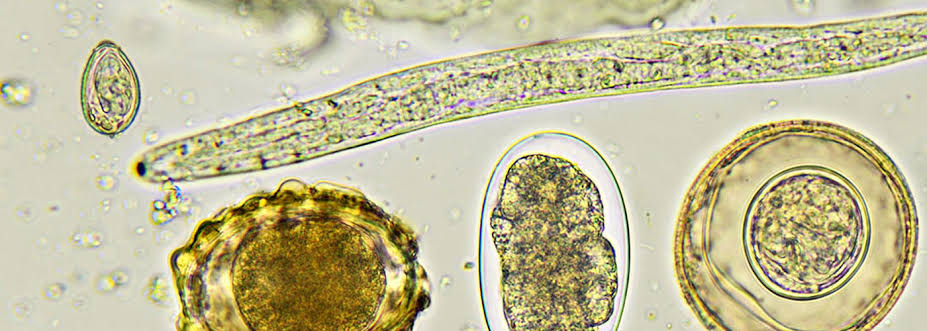Parasitic diseases are usually common in rainforest parts of the world (the tropical and subtropical […]
Tag: parasitism
HOST-PARASITE RELATIONSHIPS (MICROBIAL ASSOCIATIONS)
A host-parasite relationship is an association that exists between two organisms known as the host […]
Introduction to Parasitology
Parasitology is the study of parasites and their interaction with other organisms (i.e. their hosts). […]




